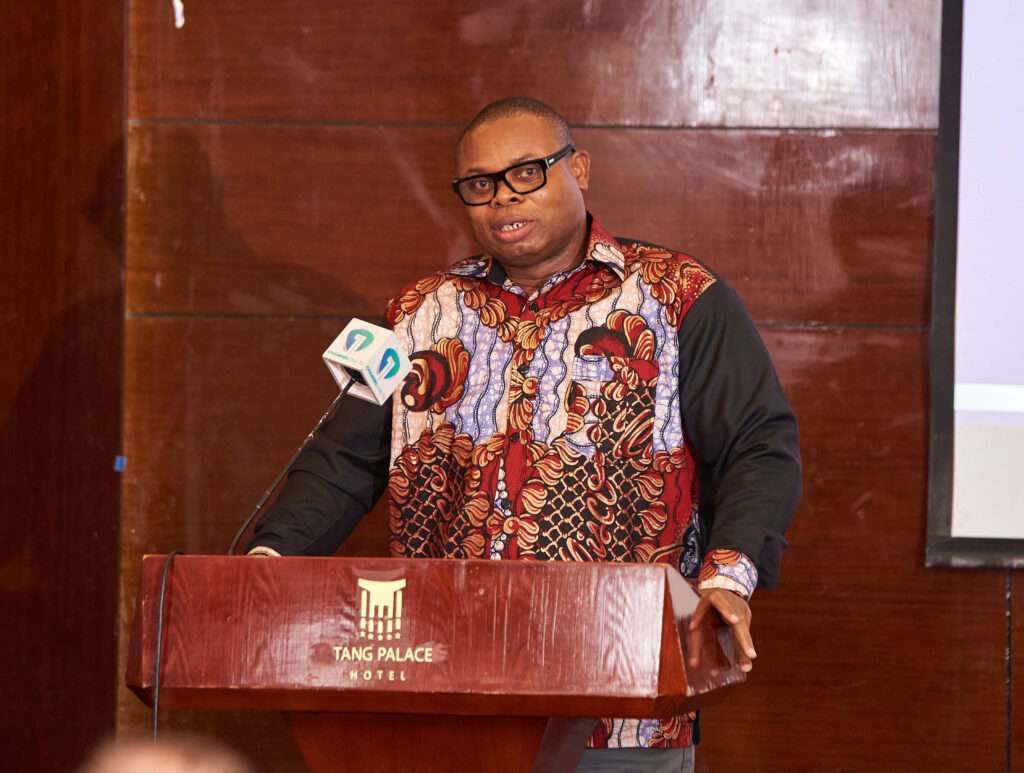The recent revelation of the hefty compensation package enjoyed by the former Managing Director of the State Insurance Company (SIC) and that of other State-Owned Enterprises (SOEs) has sparked outrage.
Two prominent policy analysts Franklin Cudjoe and Selorm Branttie of IMANI Centre for Policy and Education strongly criticised the inefficiencies and financial mismanagement rampant in state-owned enterprises (SOEs).
Documents disclose that the ex-MD of SIC received an annual salary of GH₵ 840,000, subject to a 15% yearly increment, alongside numerous allowances covering clothing, entertainment, and professional expenses.
The housing package alone included official accommodation with an annual maintenance cap of GH₵ 200,000.
Additionally, the executive was entitled to a personal assistance package comprising domestic help, a security officer, and a gardener, all with substantial cash allowances for those opting out of these services.
The benefits are extended beyond salary and housing, with comprehensive medical insurance for the MD’s spouse and up to five children, life and accident insurance, a company car with full maintenance and fuel allowances, and the option to acquire the vehicle upon the end of tenure.
The package further included a staggering 30 working days of paid vacation annually, accompanied by a substantial budget for international travel and familiarization tours.
Reacting to these revelations, Franklin Cudjoe, Founding President and CEO of IMANI, did not mince words in his criticism of SOEs, questioning the justification for such exorbitant compensation at a time when many of these enterprises remain financially unviable.
“If the salary had resulted in a commensurate additional value to the company, I’d have no problem with that! But the state pays these sums across most dying and dead SOEs, and you wonder why we need just $150 million from USAID?”
Franklin Cudjoe, Founding President and Chief Executive Officer of IMANI Centre for Policy and Education
He further lambasted the culture of financial irresponsibility within public institutions, highlighting cases of misappropriation such as the infamous $1 million per constituency project and fraudulent deals within the Electoral Commission and the Communications Ministry under the previous administration.

“Add outright theft and fraudulent deals, such as ones supervised by the Electoral Commission, Communications Ministry under the immediate past government, and the $1 million per constituency heist that was raided by a gun-wielding mafioso queen, and you will see that we should not be getting any aid at all.”
Franklin Cudjoe, Founding President and Chief Executive Officer of IMANI Centre for Policy and Education
For Franklin Cudjoe, the solution is clear: a radical restructuring of the SOE sector. “If I were to be a leader of this country, I would shut down 98% of SOEs and sell potentially productive ones immediately.”
Selorm Branttie: “Foreign Aid Stifles Innovation”
Echoing Franklin Cudjoe’s sentiments, Selorm Branttie, Vice President of IMANI Centre for Policy and Education, linked these excesses to a larger problem—the dependence on foreign aid, which, he argued, has encouraged complacency and stifled local innovation.
“Trump cutting most aid to Africa is a gift. Finally, our governments will sit up and start looking at building local competencies instead of scrapping innovative local solutions just because some white man promised them money.”
Selorm Branttie, Vice President of IMANI Centre for Policy and Education
Selorm Branttie criticized the preference for foreign aid-funded programs, which often serve as conduits for government officials to access per diems and travel benefits rather than fostering local solutions.
“Aid has stifled a lot of our innovation, especially in these parts, because civil servants prefer an aid-funded program where they sit at some hotel, collect per diem, and go on some duty tours or conferences when they could have promoted local solution providers who would have built big businesses and even taken some of them on as consultants.”
Selorm Branttie, Vice President of IMANI Centre for Policy and Education
Concluding his remarks, Selorm Branttie offered a stark assessment of the consequences of continued financial mismanagement and dependency on foreign aid: “We all we die here.”

The damning critique from IMANI’s leadership adds to growing concerns over the fiscal irresponsibility of Ghana’s SOEs.
Despite repeated calls for reform, successive administrations have continued to oversee a bloated and underperforming state enterprise sector, with little accountability.
The revelations about SIC’s executive compensation come at a time when the government is struggling to finance key social programs and is reliant on external funding.
Critics argue that unless urgent reforms are implemented—including shutting down or privatizing non-performing SOEs—Ghana risks perpetuating a cycle of inefficiency and economic dependence.
Prof. Stephen Kwaku Azar Asare, a Democracy and Development Fellow at the Centre for Democratic Development, in an earlier remarks, raised critical concerns over the extravagant executive compensation of some SOE managing directors and called for immediate reforms.
Here, Professor Asare strongly advocated for a paradigm shift in the management of state-owned enterprises, calling for the adoption of the concept of “OMAMPAM—Outcome-based Management and Performance Accountability Mechanism“.





















